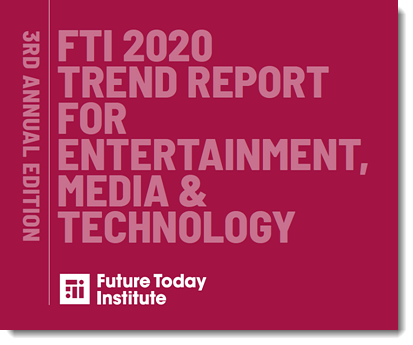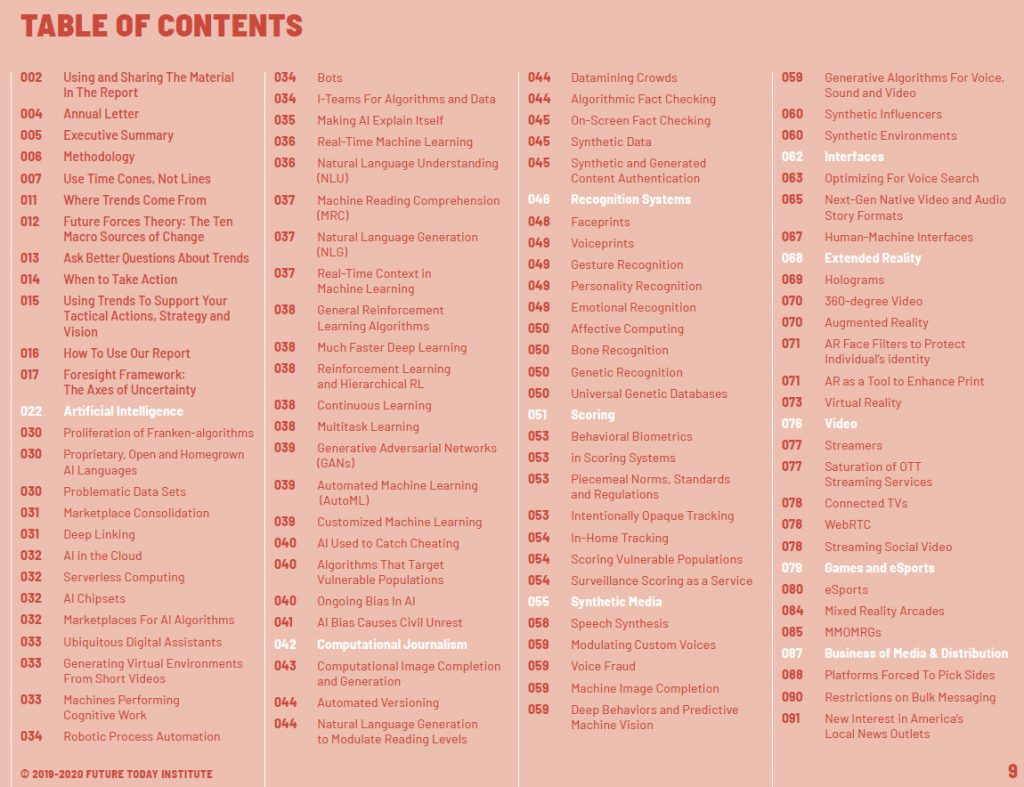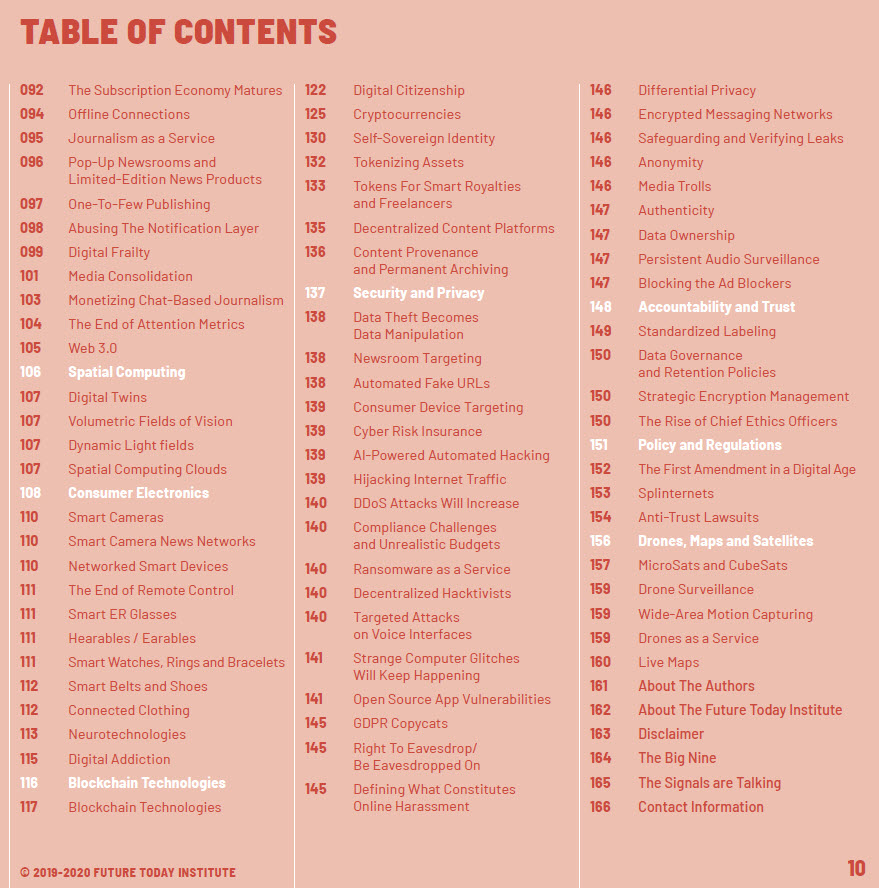Legal Tech Broke Investment Record in 2019 as Sector Matures — from biglawbusiness.com by Sam Skolnik
Excerpts:
- Investments in legal tech soared past $1 billion in 2019
- Key legal tech conference boasted record attendance
Legal technology deals and investments stayed on a fast track in 2019 as the sector becomes increasingly relevant to how Big Law firms and corporate legal divisions operate. Legal tech investments flew past the $1 billion mark by the end of the third quarter. It hit that mark for the first time the year before.
Also see:
- Legal Tech’s Predictions for E-Discovery in 2020 — from law.com by Zach Warren
From ephemeral messaging to global expansion and beyond, lawyers and technologists believe e-discovery will show no signs of stagnation in 2020.
“E-discovery sits at the intersection of two industries not known for diversity: legal and high-tech. Despite what can feel like major wins, statistics paint a bleak picture—most U.S. lawyers are white, managing partners are primarily male, and only 2% of partners in major firms are black; leadership at e-discovery companies has historically reflected this demographic. The next decade will see a major shift in focus for leadership and talent development at e-discovery providers as we join law firms and corporate legal departments in putting our money where our mouths are and deliver recruitment and retention programs that fight discrimination and actively recruit, retain, and promote women, minority, and underserved talent.”
Sarah Brown, director of marketing, Inventus












